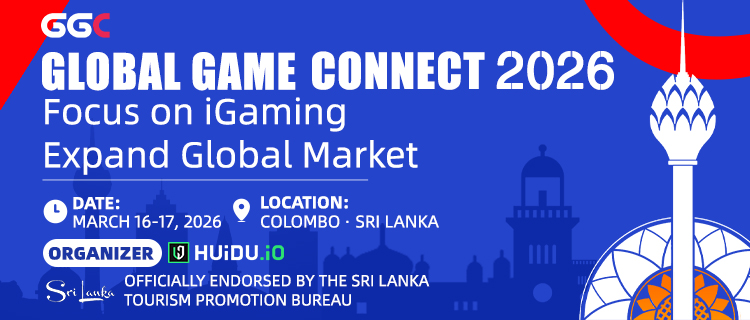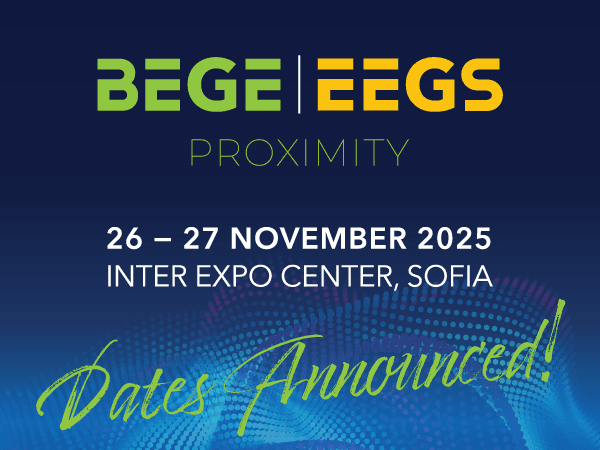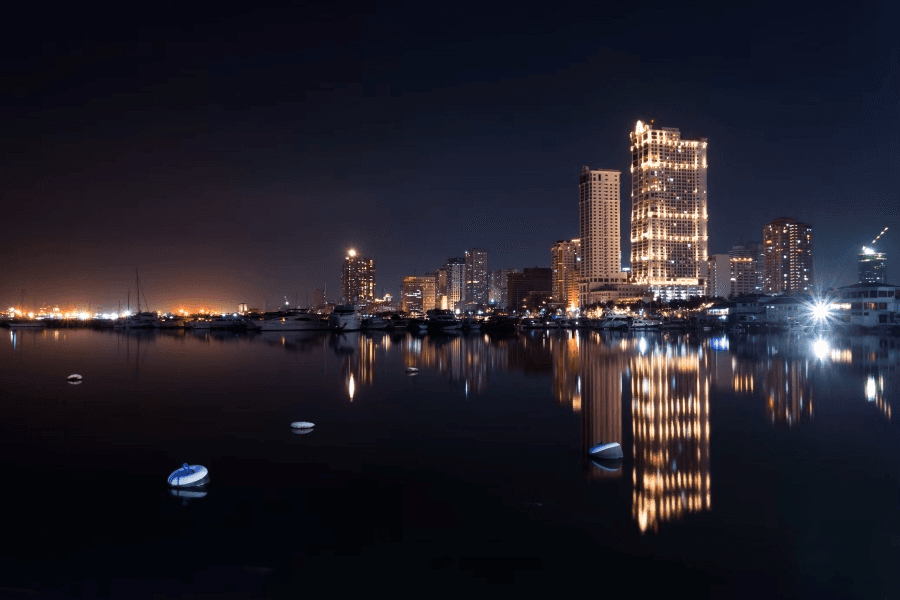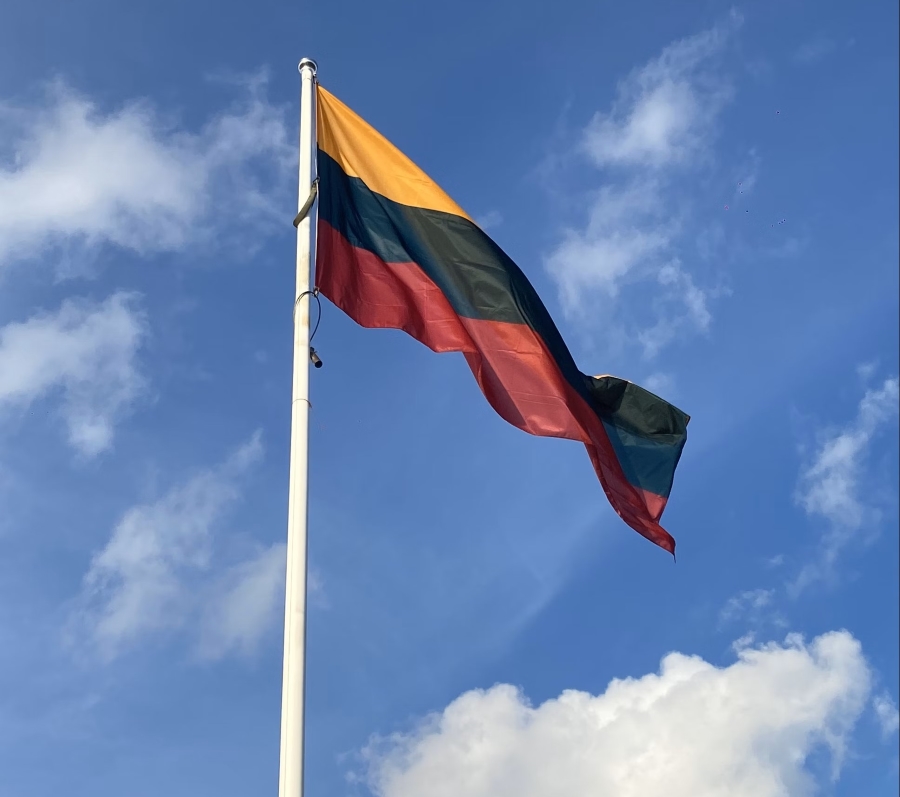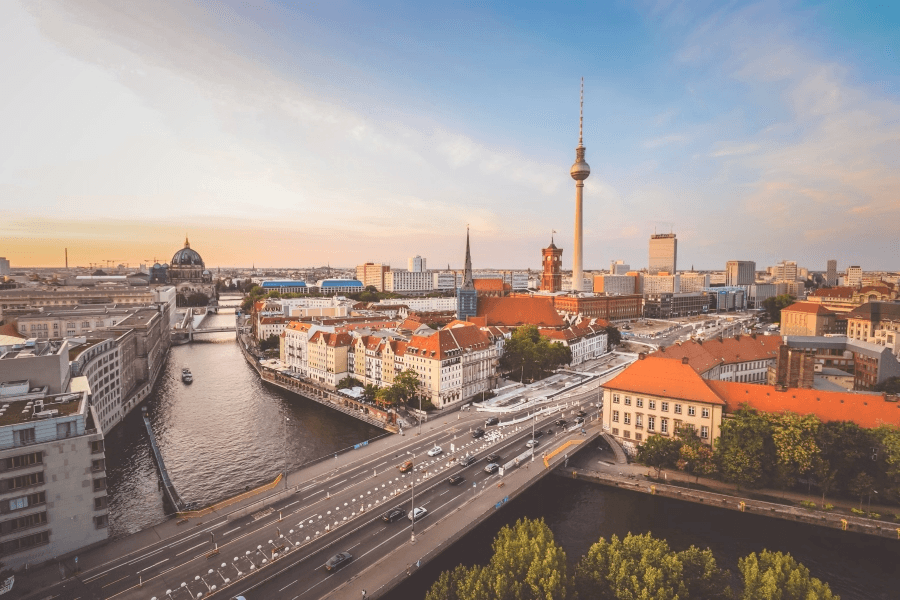The Philippines Cybercrime Investigation and Coordinating Center (CICC) reports having made significant progress in the fight against illegal online gaming.
In a report released Tuesday, the CICC and global TrustTech company Gogolookannounced a “dramatic” 93.6% decrease in detected illegal iGaming URLs. The dropoff marks “significant progress in the country’s fight against digital illegal gambling operations”, the report stated.
The CICC is an agency of the Philippines Department of Information and Communications Technology. Taiwan-based Gogolook introduced its Whoscall digital anti-scam app to the Philippines in 2023. In January, the government renewed its partnership with the fraud-prevention company, which also invites Filipino “netizens” to report illegal online activities.
According to the Whoscall Scam Report, the number of gambling URLs plummeted from more than 4,300 in the second quarter to 275 in the third quarter. The CICC attributed the results to the government’s “intensified monitoring and takedown efforts”. It also credited public awareness campaigns that warn of the risks of patronising illegal gambling platforms.
‘Combined efforts are working’
The third-quarter decline “shows that our combined efforts with partners like Gogolook are working”, the CICC stated. “Illegal online gambling is not only a moral and social issue — it fuels financial crimes, data theft and money laundering. Every site taken down helps protect Filipino families from exploitation.
The downward trend underscores the growing vigilance among Filipinos and the effectiveness of sustained information campaigns.”
In September, Gogolook founder and CEO Jeff Kuo told the Manila Standard that the Philippines — the “social media capital of the world” — is among Whoscall’s fastest-growing markets. He pledged to keep the “freemium” Whoscall plan available to Filipinos.
“All the basic functions will be free for a long time,” Kuo said. “We believe anti-scam is a human right. Once we have the knowledge about scammers, we must share the basic protections for free — especially in the Philippines.” Kuo said the prevention of illegal online activity requires consumers and government to work proactively in a “shared responsibility framework”.



 2025-10-17
2025-10-17
